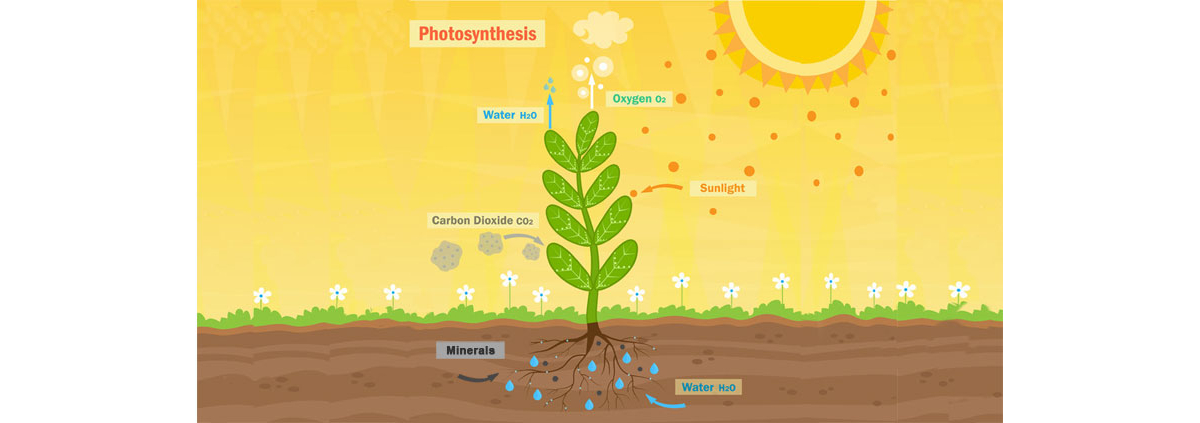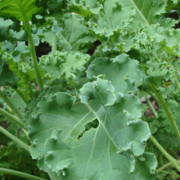Does More CO2 Create More Carbohydrates?
Why do you eat broccoli? Why do you eat blueberries? How about sweet potatoes? While you might simply like them, an important reason we eat them in modern countries is for the nutrients they have, such as vitamin C, beta-carotene, and of course those phytonutrients. They’re a source of calories, for sure, but also minerals. But what if the increasing levels of CO2 reduced the amount of those nutrients?
If you remember your high school biology, plants use CO2 and water (H2O) to make sugars and starches in a process known as photosynthesis. As the H2O is broken down for use in making sugars, the oxygen is released into the atmosphere. Then photosynthesis continues, with CO2 and the remaining ions combining with energy from the sun to make sugar.
Here’s the issue. When CO2 levels increase, as they have since the Industrial Revolution, the plants can convert more CO2 to sugar. Why is that a problem? Because it may be at the expense of other nutrients such as minerals. In addition, the protein content of the plants may also be reduced. Plants provide protein for most of the earth’s population, so if the protein content of plants is reduced and the carbs increase, people may get plenty of a grain such as rice but little nutrition other than calories.
But is it true? Does the research support the hypothesis? That’s what Dr. Loladze and others attempted to find out for the past 20 years. I’ll cover the research on Saturday.
What are you prepared to do today?
Dr. Chet
Reference: www.politico.com. The Great Nutrient Collapse. 09-13-2017.









